If you were to receive a sizable inheritance, what should you do with it? This money could help you achieve some of your important financial goals – so you’ll want to think carefully about your choices.
Of course, everyone’s needs are different, so there’s no one “right” way to handle a large lump sum. But here are a few suggestions that may be useful: Pay off some debts. Depending on the size of your inheritance, you may want to consider paying off some, if not all, of your debts, such as car loans, personal loans and student loans. You might even consider paying off your mortgage, but you may not want to, as you might be able to get a better return on your money by investing it. Also, if all your money is tied up in a house, you’ll typically have less liquidity than you would get from your investments. Contribute more to your retirement accounts. You may now be able to afford to contribute more to your 401(k) or other employer-sponsored retirement plan, as well as to your IRA. These accounts offer tax benefits plus an array of investment choices, so they are excellent ways to build resources for retirement. Save for college. If you have children, or grandchildren, whom you would like to someday send to college, you might want to put some of your inheritance into a college savings vehicle, such as a 529 plan, which provides tax benefits and gives you great flexibility in distributing the money. Build an emergency fund. If you haven’t already built an emergency fund containing six to 12 months’ worth of living expenses, you may be able to do so now, using part of your inheritance. Keep the money in a liquid, low-risk account, so that it’s readily available to pay for unexpected costs. Without such a fund, you might be forced to tap into your long-term investments. Above all else, you may want to get some help. If you don't already have one, a financial professional can recommend ways of using the money to help you meet your goals. For one thing, you could further diversify your investments, which is important, because diversification can help reduce the effects of market volatility on your portfolio. (Keep in mind, though, that diversification can’t prevent all losses or guarantee profits.) And a financial professional can help you determine how much your plans could change due to the inheritance. To name just one possibility, you might be able to move up your retirement date. If so, you’d need to adjust many aspects of your financial strategy, such as when to take Social Security, how much to withdraw each year from your retirement accounts, and so on. You’ll also need to consult with your tax advisor, because some inherited assets, such as an IRA, could have tax implications. Your loved ones worked hard, and probably invested for many years, to leave a legacy for you. So, to honor their memory, do whatever you can to handle your inheritance wisely. This article was written by Edward Jones for use by your local Edward Jones Financial Advisor.

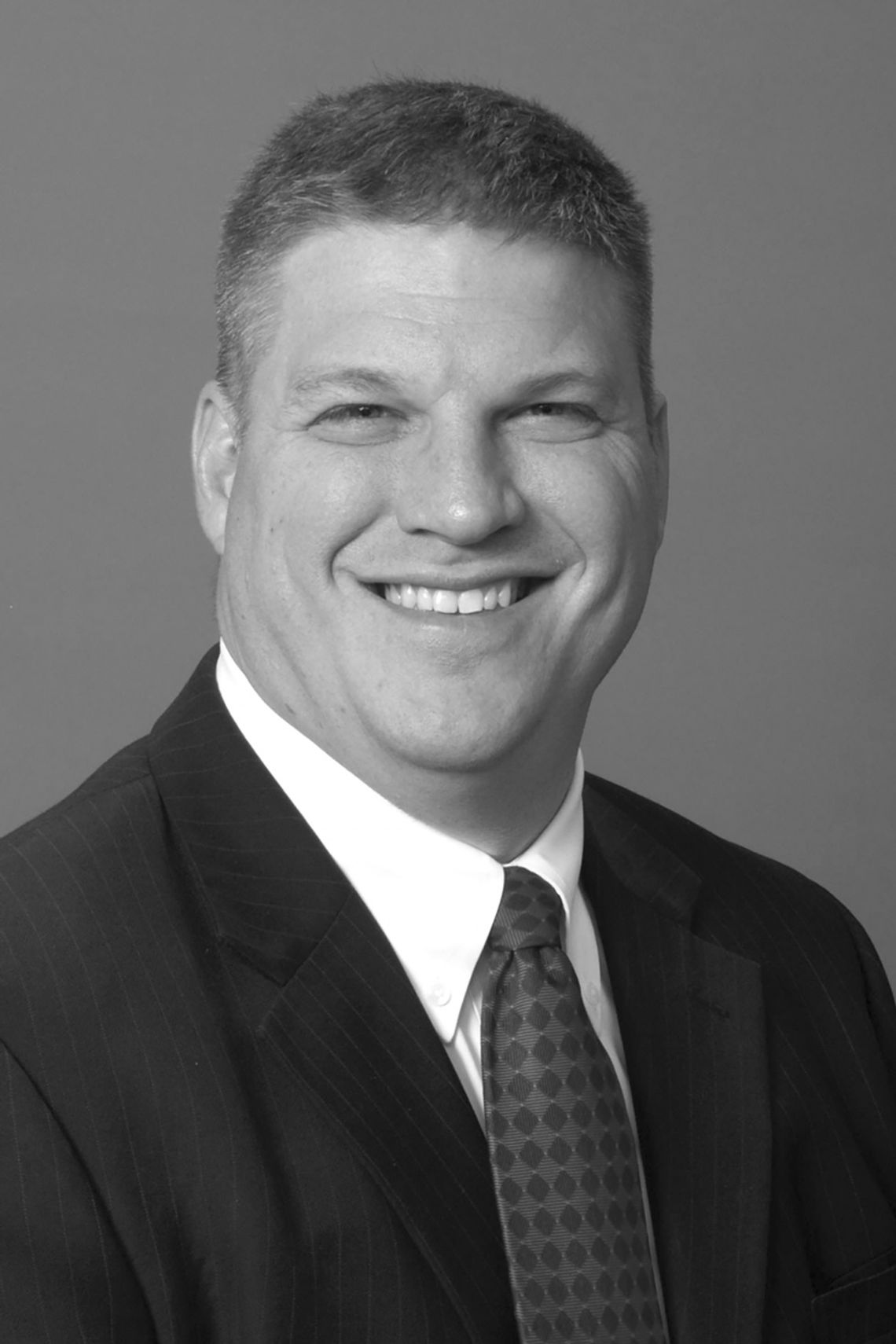
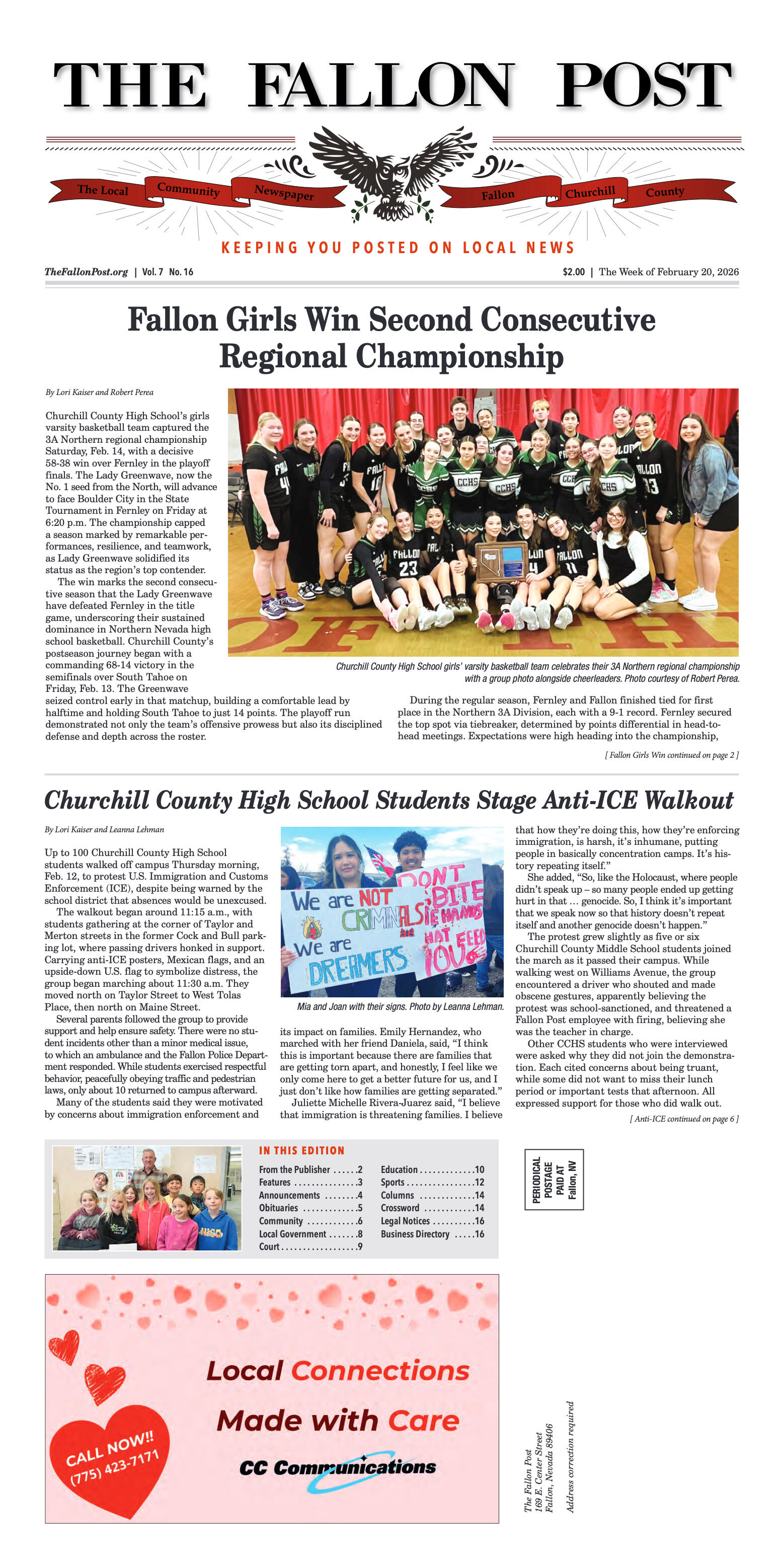
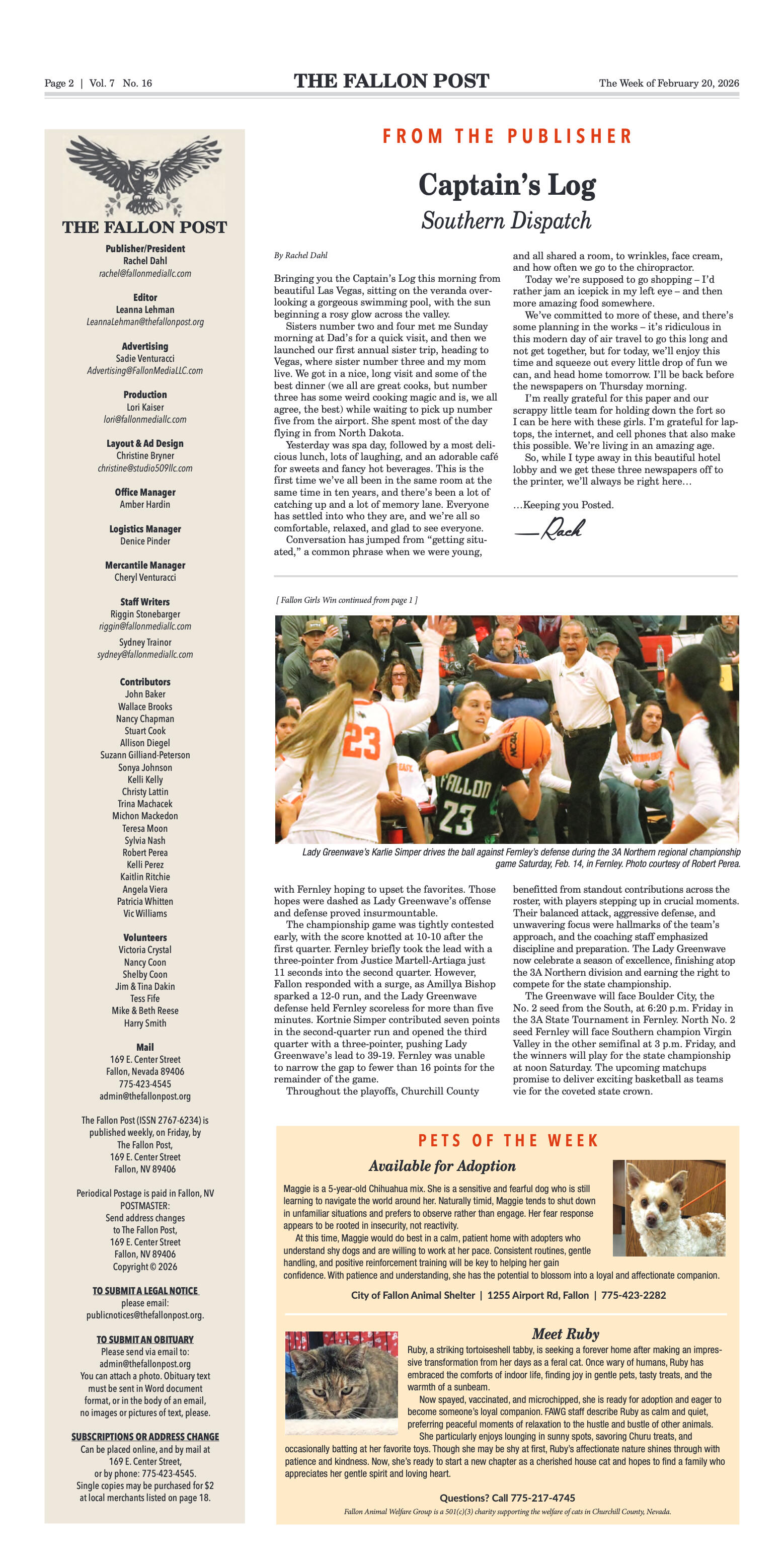

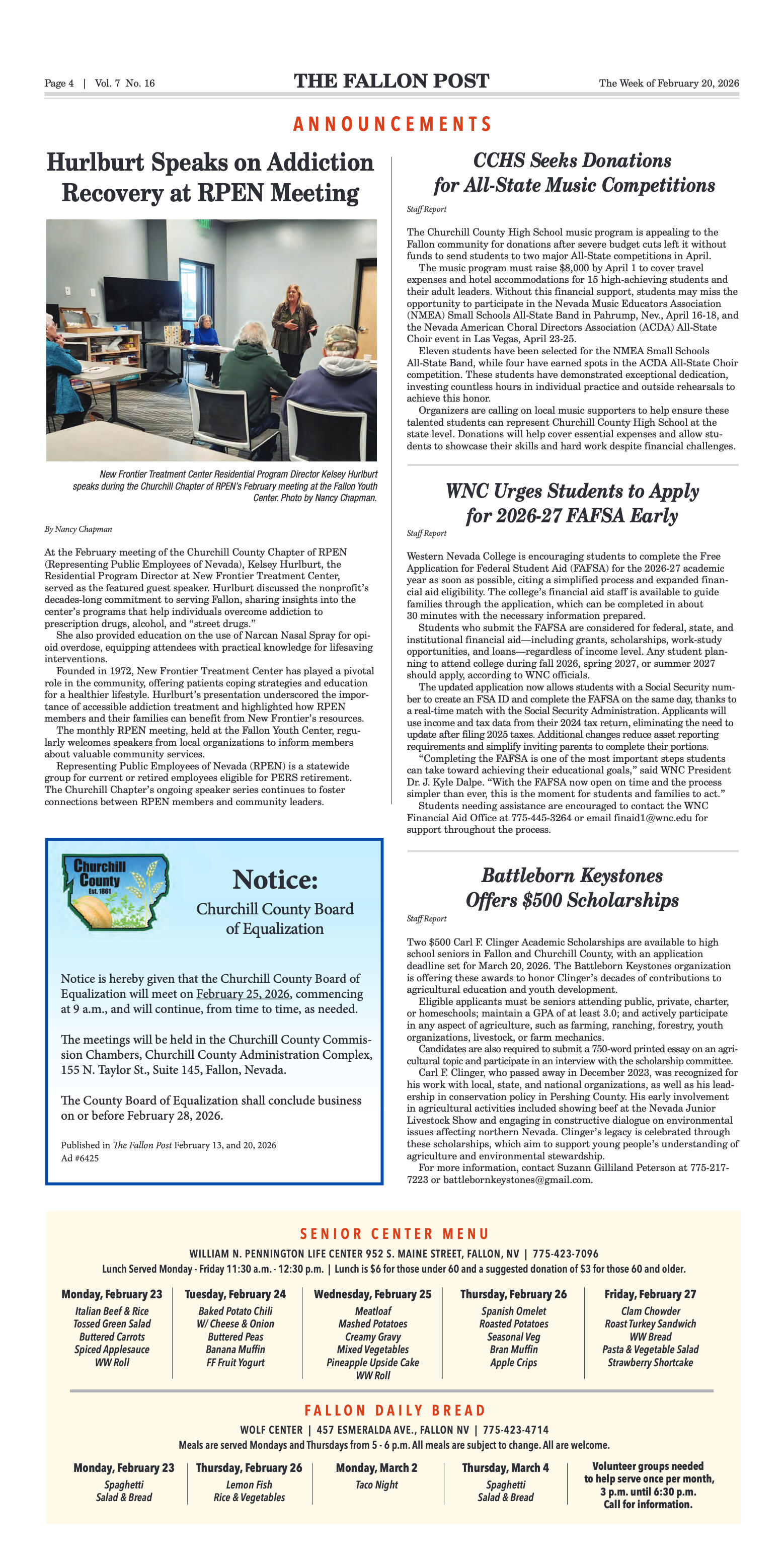
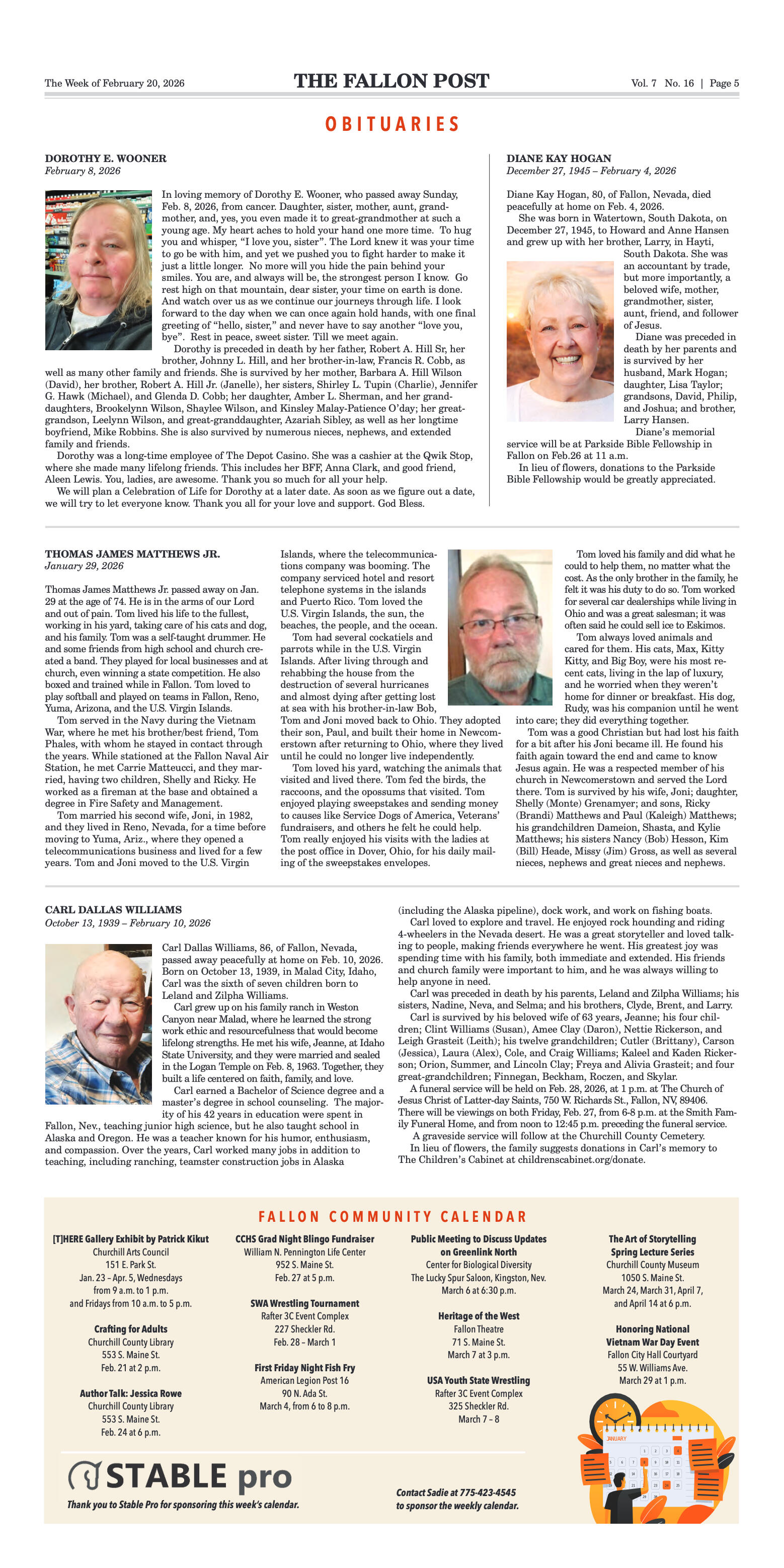
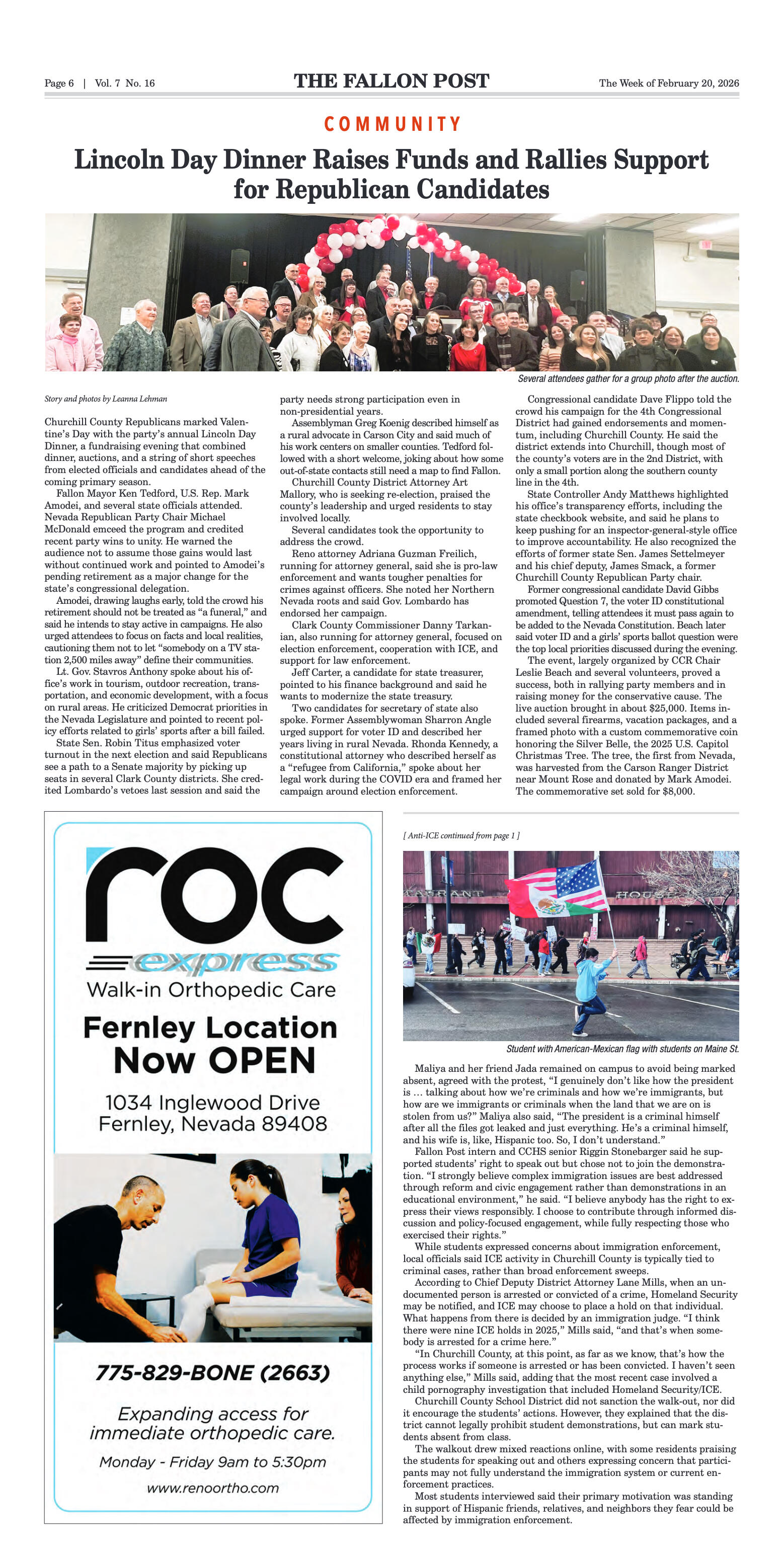


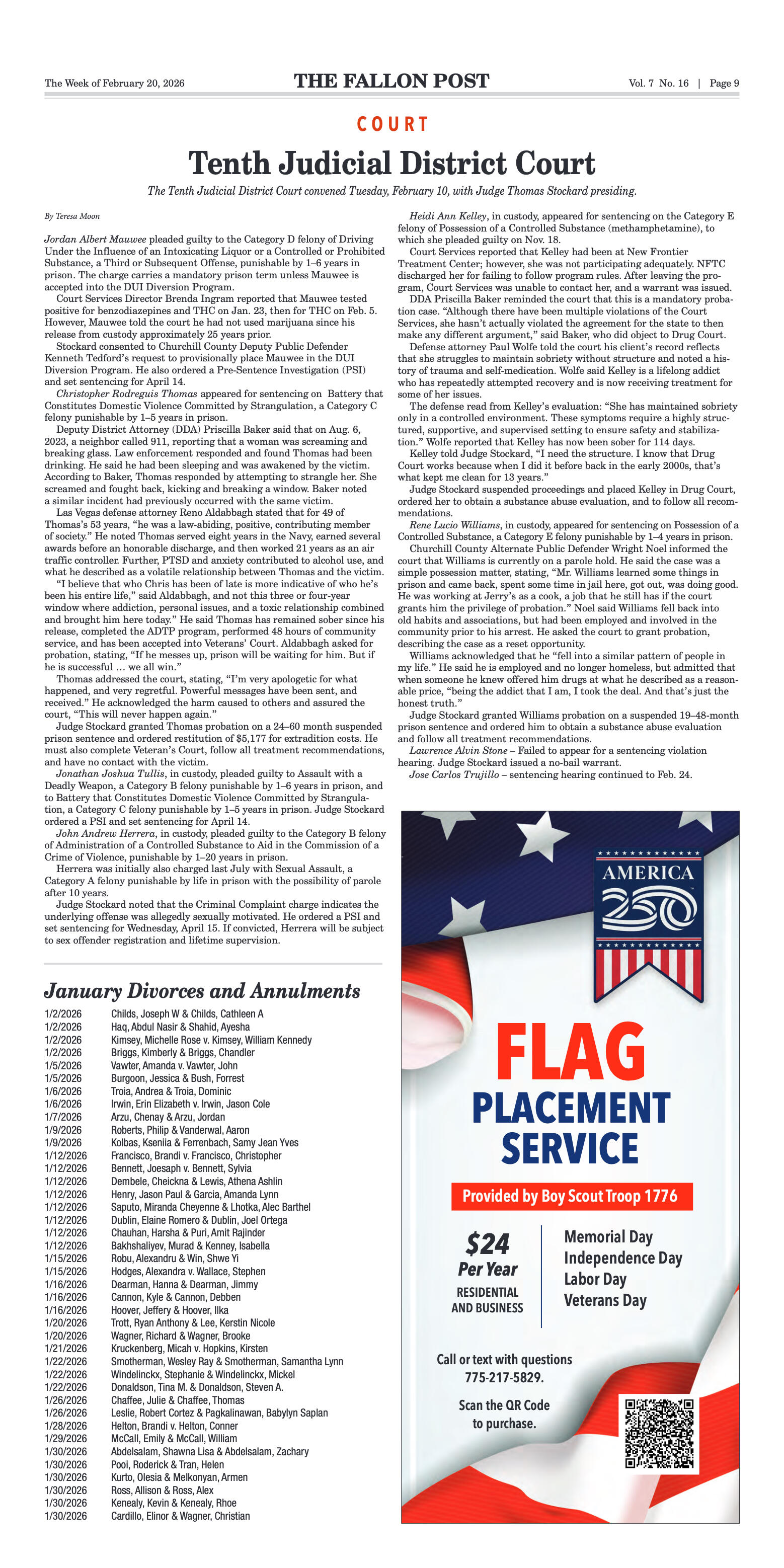






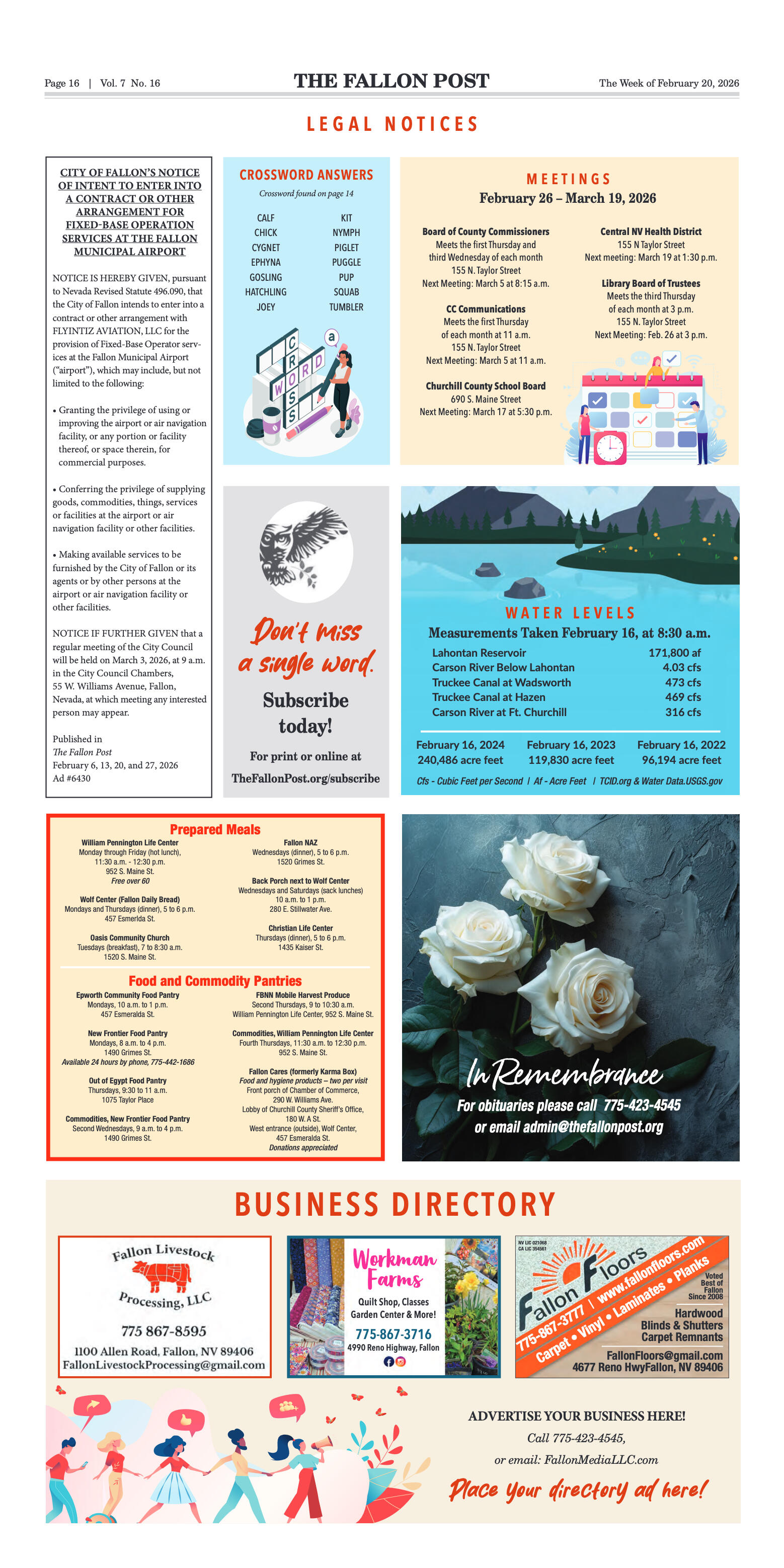




















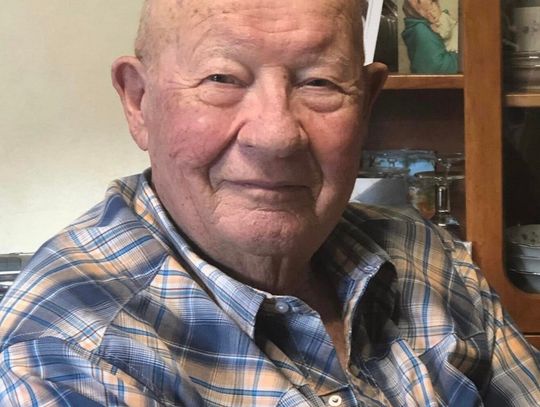





Comment
Comments